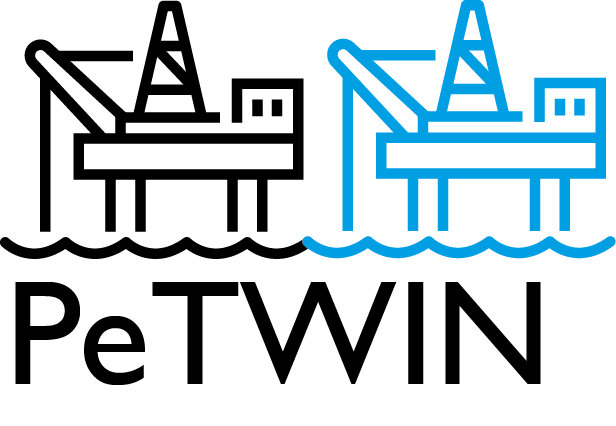A Systematic Evaluation of Machine Learning Approaches for Petroleum Production Forecasting
Abstract: Accurate production forecasting from oil well is an important decision-making variable for the Oil & Gas industry. Conventionally, future production is estimated using mechanistic modeling of the fluid through the reservoir rock and well flowlines. These models consider fluid properties, reservoir geometry, rock properties, subsurface conditions such as pressures, temperatures, and effects of flow-restricting valves and injection wells. This type of modeling is often computationally expensive since physical behavior is solved numerically. Furthermore, conventional methods rely on data that is costly to acquire or can hinder production due to the need for model calibration. Due to the advancements in subsurface sensor technology, a big amount of pressure and temperature data is gathered from wells in near real-time and at high frequencies. Data-driven methods are particularly well-suited for mapping this sensor and operational data into oil flow forecasting. In this context, we compared the performance of different state-of-the-art data-driven models for forecasting transient oil flow that are trained and tested on hourly well data obtained from a real-world petroleum operation. Additionally, we investigated how adjusting the lookback and horizon sizes for the training samples influences the model’s performance and explored the impact of future operational variables on oil rate forecasting. Results showed that ensemble tree-based models performed better than deep learning techniques for this particular set of data, probably due to the restricted size and variability of the dataset. Lookback and horizon sizes play a role in forecast accuracy depending on the specific model. We also determined that incorporating future operational features is useful for improving forecasting accuracy. We conclude that better standards for this specific task and better pre-processing and feature selection practices need to be further evaluated.
Publication: https://dx.doi.org/10.1109/ICTAI59109.2023.00023


